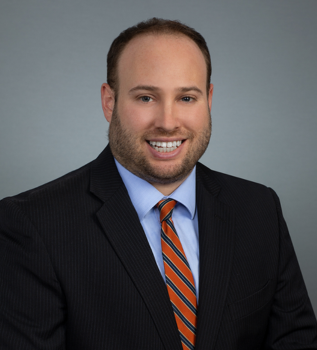Florida Eliminates the Commercial Lease Sales Tax
Effective October 1, 2025, Florida will eliminate sales tax on commercial leases, reducing costs and increasing competitiveness for landlords. Landlords and tenants should review existing lease terms, communicate about the changes, and consult with an attorney to ensure that they are prepared for the impact of the upcoming changes.
